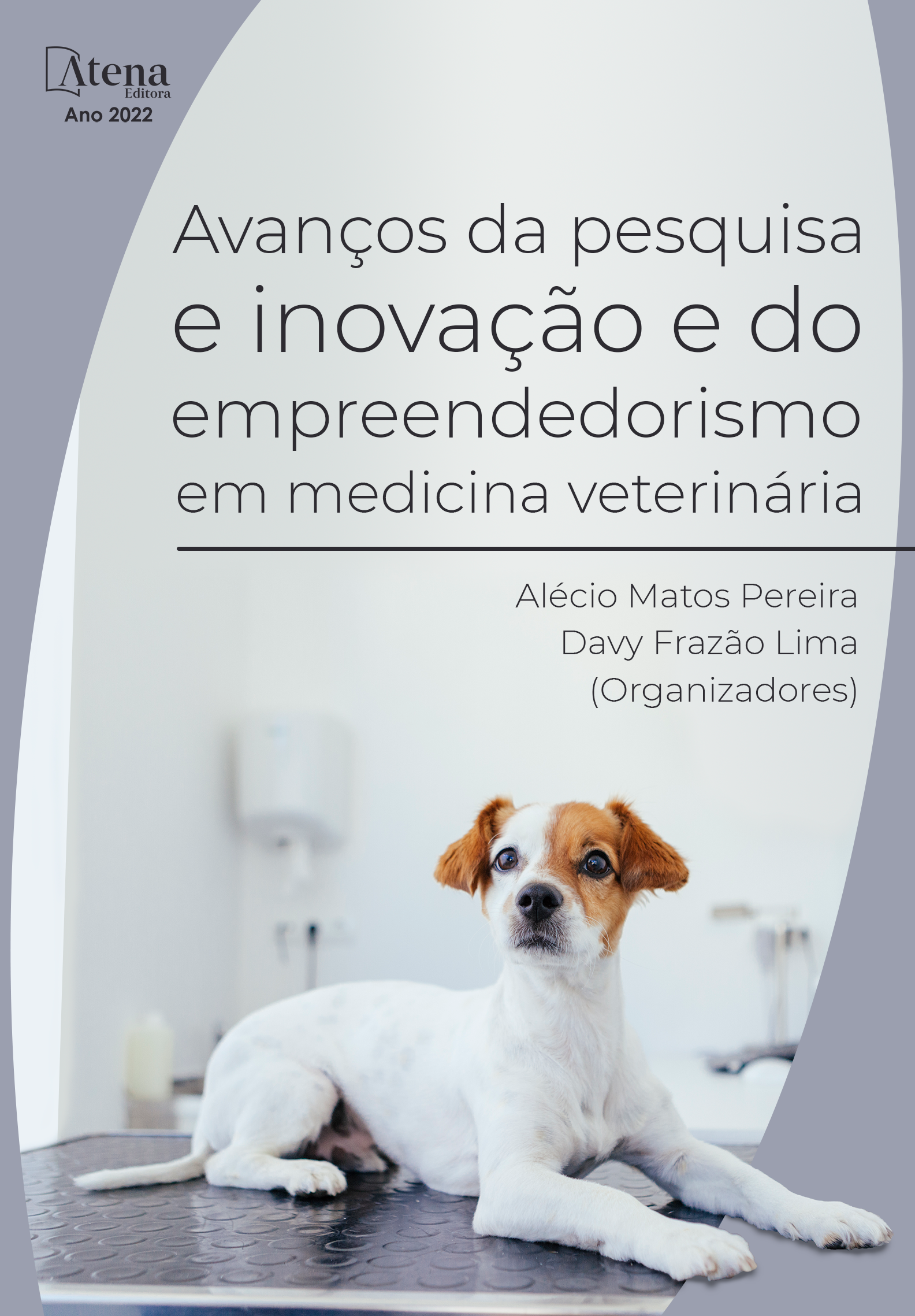
CONHECIMENTO TRADICIONAL DE PLANTAS MEDICINAIS NO MANEJO SANITÁRIO DE ANIMAIS DE PRODUÇÃO NO AGRESTE PERNAMBUCANO
Levando-se em consideração a tendência de crescimento quanto ao uso de plantas medicinais e produtos fitoterápicos em distintas práticas de manejo na produção animal, o presente estudo objetivou realizar um levantamento etnoveterinário sobre a utilização de plantas medicinais como recurso terapêutico em animais de interesse zootécnico da Cidade de Itaíba, Agreste de Pernambuco, Brasil. Foram entrevistados 90 produtores rurais a partir de visitas a assentamentos e propriedades rurais, além de feira livre, com aplicação de questionários semiestruturados, contendo perguntas objetivas e subjetivas sobre aspectos socioeconômicos, produtivos e ligados ao conhecimento tradicional relativo ao emprego de plantas medicinais no manejo sanitário de animais. Observou-se que a grande maioria dos entrevistados criava bovinos, ovinos e aves e que 90% faziam ou já fizeram uso de plantas medicinais no manejo animal. Existe forte influência familiar, sobretudo dos pais e avós, quanto ao emprego de ervas em detrimento de produtos alopáticos, sendo as frações casca e raiz das plantas as mais utilizadas no tratamento de diferentes problemas de cunho sanitário. Foram mencionadas 17 espécies vegetais para tratamento de doenças nos animais. Conclui-se que o uso de plantas medicinais ainda é uma prática bem explorada pelos criadores de animais de interesse zootécnico do Agreste Pernambucano. Adicionalmente, estudos etnoveterinários semelhantes são oportunos para o entendimento e a conservação do saber local e popular em relação ao uso de plantas medicinais em ações de manejo animal.
CONHECIMENTO TRADICIONAL DE PLANTAS MEDICINAIS NO MANEJO SANITÁRIO DE ANIMAIS DE PRODUÇÃO NO AGRESTE PERNAMBUCANO
-
DOI: 10.22533/at.ed.6502211025
-
Palavras-chave: caatinga; ervas medicinais; etnoveterinária; Northeast of Brazil; saúde animal
-
Keywords: animal health; caatinga; ethnoveterinary; medicinal herbs; popular knowledge.
-
Abstract:
Taking into account the growth trend regarding the use of medicinal plants and herbal products in different management practices in animal production, the aim of this study was to carry out an ethnoveterinary survey on the use of medicinal plants as a therapeutic resource in animals of zootechnical interest in the city of Itaíba, in the Agreste of Pernambuco, Brazil. A total of 90 rural producers were interviewed from visits to settlements and rural properties, in addition to a free fair, with the application of semi-structured questionnaires, containing objective and subjective questions that involved socioeconomic and productive aspects, and linked to traditional knowledge regarding the use of medicinal plants in health management of animals. It was observed that the vast majority of respondents raised cattle, sheep and poultry and that 90% used or had already used medicinal plants in animal management. There is a strong family influence, especially from parents and grandparents, regarding the use of herbs to the detriment of allopathic products, with the bark and root fractions of plants being the most used in the treatment of different health problems. 17 plant species were mentioned for the treatment of diseases in animals. It is concluded that the use of medicinal plants is still a practice well explored by breeders of animals of zootechnical interest in the Agreste of Pernambuco. In addition, similar ethnoveterinary studies are opportune for the understanding and conservation of local and popular knowledge in relation to the use of medicinal plants in animal management actions.
-
Número de páginas: 15
- Tomás Guilherme Pereira da Silva
- Ednanda Martins de Albuquerque


